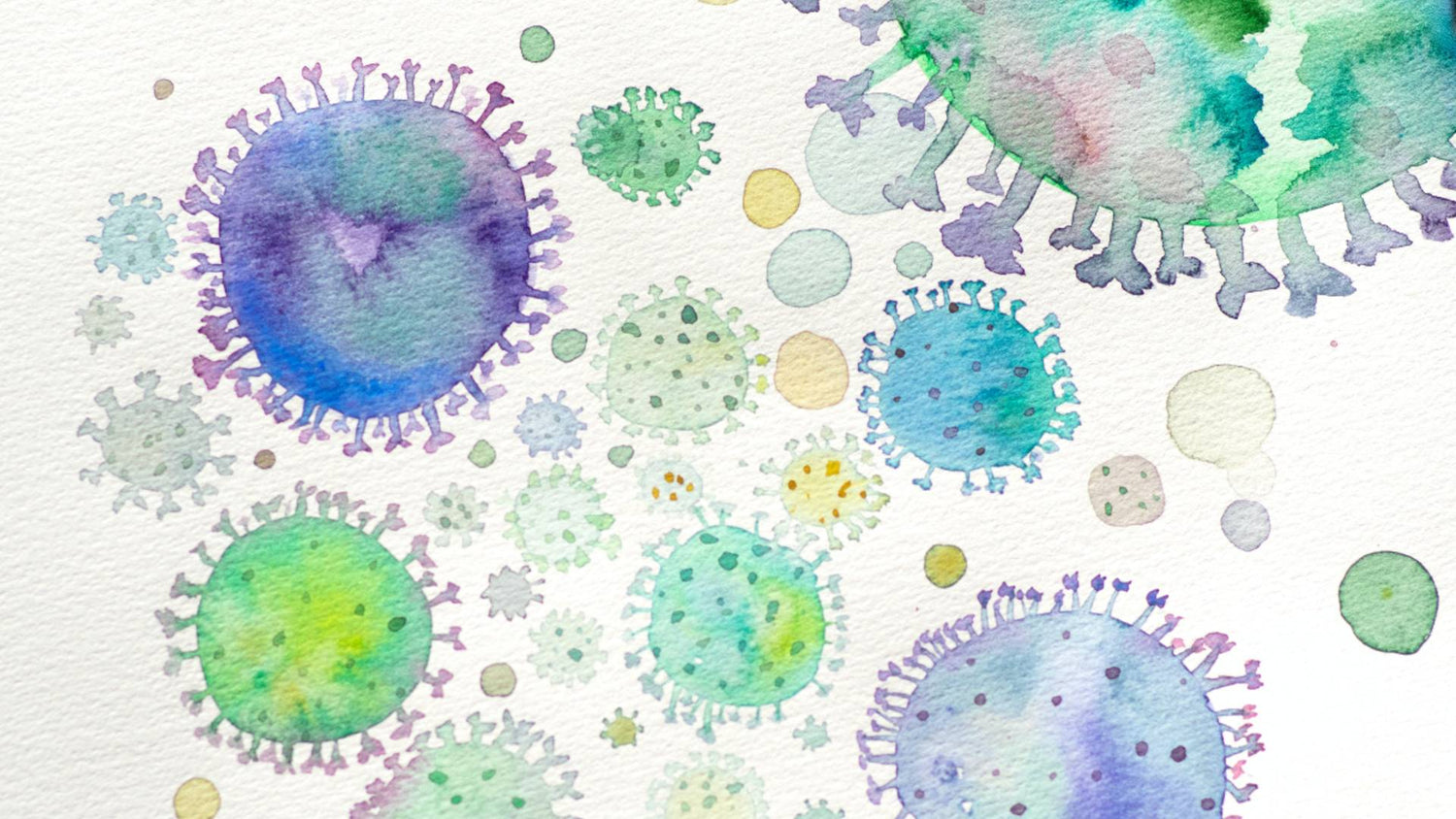When many of us hear the word “allergy”, we immediately think of those sneezes and sniffles that some of us experience in response to particular foods or other substances. But by better understanding what allergies are beyond their symptoms, we stand a better chance of preventing them being an issue in our lives – for example, by seeking suitable treatment.
An allergy, in short, is when the body’s immune system reacts to a foreign substance that would not be harmful or cause a reaction in most people.
Your immune system, of course, has the job of keeping you healthy by defending your body against harmful invaders. This leads it to attack anything it comes across that it perceives to be dangerous. An allergy, then, is the result of your immune system reacting to a false alarm, attacking something it wrongly thinks is a threat.
How do allergies occur?
Even today, researchers aren’t absolutely sure what causes the immune system to react in this way when it encounters a foreign substance that isn’t usually problematic for the majority of people.
There does, however, appear to be a genetic dimension to allergies, with adults passing them down to their children. It’s important to note, though, that it’s only a general susceptibility to allergic reaction that is passed down, rather than any specific allergy. This means if one of your parents is allergic to latex, for example, it’s not a given that you will also be.
Another thing we know about allergies is some of the substances that most commonly cause allergic reactions. These substances are known as ‘allergens’.
For some people, it may be certain food such as nuts, shellfish, eggs or fruit that bring out an allergic reaction. But there are also many other well-known allergens, ranging from animal dander, grass and tree pollen, and dust mites, to insect bites, mould and even medicines such as aspirin and ibuprofen.
What are the symptoms of an allergic reaction?
The exact symptoms you experience as a result of an allergic reaction will depend on a range of factors, including the specific type and severity of the allergy.
Common symptoms of an allergic reaction in general include the likes of sneezing, coughing, wheezing, a runny or blocked nose, and eyes that are red, watery and itchy.
However, specific allergies are often associated with particular symptoms. A food allergy, for example, may be likelier to cause tingling in your mouth and swelling in your lips, tongue or throat, while wheezing, a rash and itchy skin may arise as a result of a drug allergy.
Regardless, many of the symptoms of common allergies can overlap, and some symptoms associated with allergic reactions may actually be due to other conditions. It is therefore important not to self-diagnose if you do experience these or other symptoms and suspect an allergic reaction; instead, arrange to see your GP, who will be able to help determine the likely cause.
Although, according to the NHS, more than a quarter of people in the UK are thought to be affected by allergies at some point in their lives, allergic reactions are usually mild, and often largely controllable – for example, by the sufferer simply avoiding the allergen that causes the allergic reaction.
Unfortunately, however, severe allergic reactions can occasionally occur. Anaphylaxis is a life-threatening medical emergency that can cause the person with the allergy to go into shock. Symptoms of this can include – but are not necessarily limited to – severe shortness of breath, lightheadedness, nausea and vomiting, and a rapid and weak pulse; in this instance, you should always call 999.







Leave a comment
All comments are moderated before being published.
This site is protected by hCaptcha and the hCaptcha Privacy Policy and Terms of Service apply.